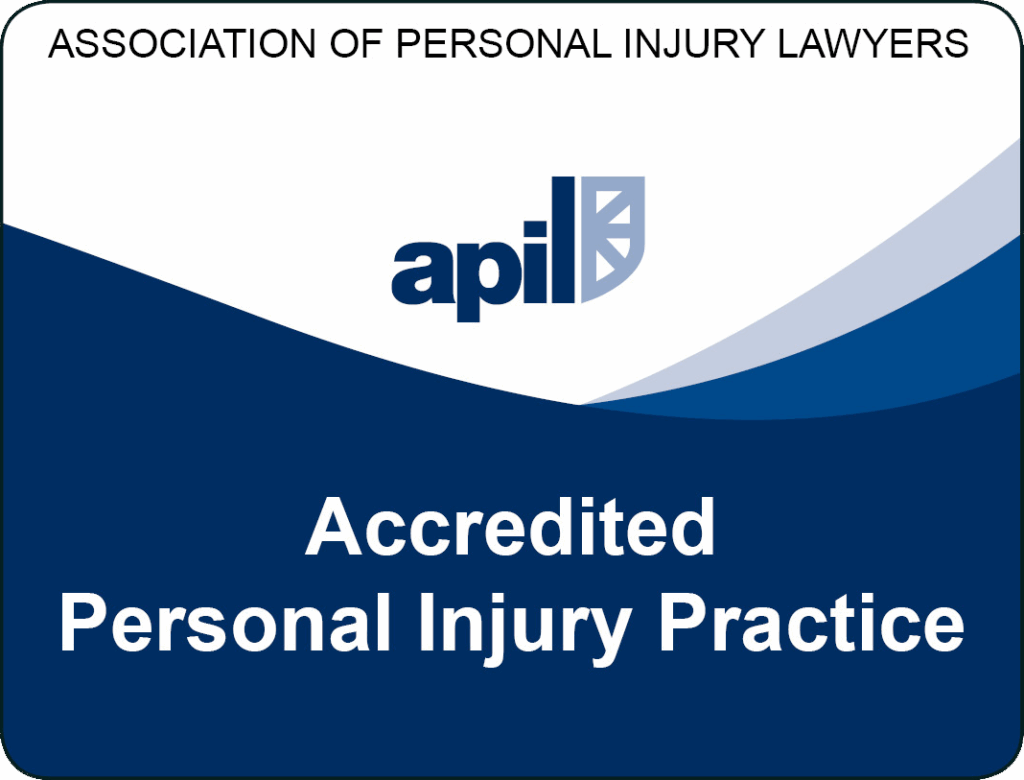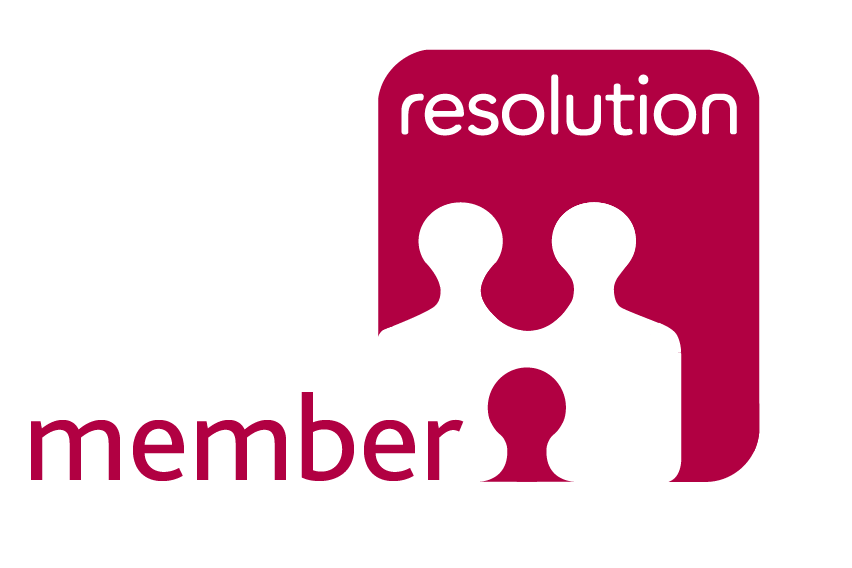Our specialist Employment Law team often sees clients who are distressed and daunted by being offered a Settlement Agreement by their employer. Settlement Agreements are actually much more common than people realise, and they can have positive benefits for both employees and employers.
In fact, they can even help to facilitate an employee’s exit, particularly if the employee is looking for a way to leave their job. At the very least they provide a starting point for the commencement of negotiations.
So, what should you do if your employer offers you a Settlement Agreement?
What is a Settlement Agreement?
Previously known as a Compromise Agreement, a Settlement Agreement is a document that sets out an arrangement where an employee (or former employee) surrenders any claims they might have against their employer in return for a compensation payment.
Settlement Agreements are usually used where employment has ended or is coming to an end. However, it is also possible to enter into a Settlement Agreement where employment is continuing.
Settlements are voluntary agreements and neither party has to enter into the agreement, or discuss it, if they do not want to.
Statutory requirements for a Settlement Agreement
Section 203(3) of the Employment Rights Act 1996 states that for a Settlement Agreement to be valid, certain conditions must be met. The conditions are:
- the agreement must be in writing;
- the agreement must relate to a “particular complaint” or “particular proceedings” – each agreement should be tailored to the particular circumstances, so the particular or potential claims should be specifically identified in the agreement;
- the employee must have received legal advice from a Relevant Independent Adviser (“RIA”) on the terms and its effect on the employee’s ability to pursue any rights before an employment tribunal – this includes qualified lawyers, certified trade union representatives and specific worker/employees at advice centres;
- the RIA must have a current contract of insurance, or professional indemnity insurance, covering the risk of a claim against them by the employee in respect of the advice;
- the agreement must identify the RIA;
- the agreement must state that the conditions regulating settlement agreements have been satisfied – many statutory claims may be settled by a Settlement Agreement, but to enable the parties to contract out of them, the agreement must contain a clause which states that it has satisfied the (contracting-out) requirements of the relevant act.
Compensation following a Settlement Agreement
A compensation payment is not something that the employee is already contractually entitled to. The amount of the compensation payment is a matter for negotiation between the employer and employee.
Read more: Settlement Agreements FAQs
The Relevant Independent Adviser will not advise whether the payment being made is a ‘good deal’ for the employee. However, they will assess what (if any) claims the employee may be giving up by entering into the agreement and the possible compensation that they may otherwise be entitled to if they pursued a claim, rather than entering into the Settlement Agreement.
Other payments
Employees should be paid as usual up until the termination date, as well as receiving a payment in lieu of any accrued but untaken holiday on a pro-rata basis. An employer may agree to pay a pro-rated bonus or payment in lieu of other benefits, but this will usually depend on the terms of the employee’s contract of employment.
Tax implications of a Settlement Agreement
Pay up to the termination date, payments in lieu of notice, payments in lieu of accrued but untaken holiday and other contractual payments are paid net of tax and national insurance.
Compensation payments under £30,000 are generally tax free. However, if employment is ending and the employee has not worked a notice period or received a taxable payment in lieu (based on the amount of notice that the employer must give), then some or all of the compensation (an amount equivalent to the notice pay or balance of notice pay due) will be taxable.
A Settlement Agreement may include an indemnity from the employee for any tax liability which might arise, regardless of the amount.
Settlement Confidentiality
It is usual for a Settlement Agreement to include a requirement for the employee to keep the existence and terms of the agreement confidential. If there is a mutual confidentiality obligation upon the employer, no additional ‘consideration’ will be required.
If the obligation regarding confidentiality of the existence and terms of the agreement only apply to the employee and/or any other confidentiality provisions go beyond those contained within the contract of employment, then fresh ‘consideration’ is necessary (usually a further taxable payment).
Does the agreement only cover financial compensation?
Non-financial terms can also be included in the document.
For instance, the promise of a reference, and its wording, can be agreed as part of the settlement agreement. This helps both parties avoid future conflicts and maintain the confidentiality of the agreement.
Settlement Agreement Example
It is possible to find examples of settlement agreements online.
Acas has several examples available, which will give you an idea of what the document will look like and typically include.
Moving forward with your Settlement Agreement
So, what’s next?
You have to take legal advice for the agreement to be binding, so the first step for an employee after being offered a Settlement Agreement is to seek professional advice.
It will save you time and money if you attend your first meeting with a professional advisor with a draft agreement from your employer, so be sure to ask for this early on. In most cases, your employer will make a contribution towards your legal costs, but the contribution is often limited and may not cover the costs of any negotiations required.
If you have questions about your Settlement Agreement, you can contact our Employment Law team on 01603 214 220.





